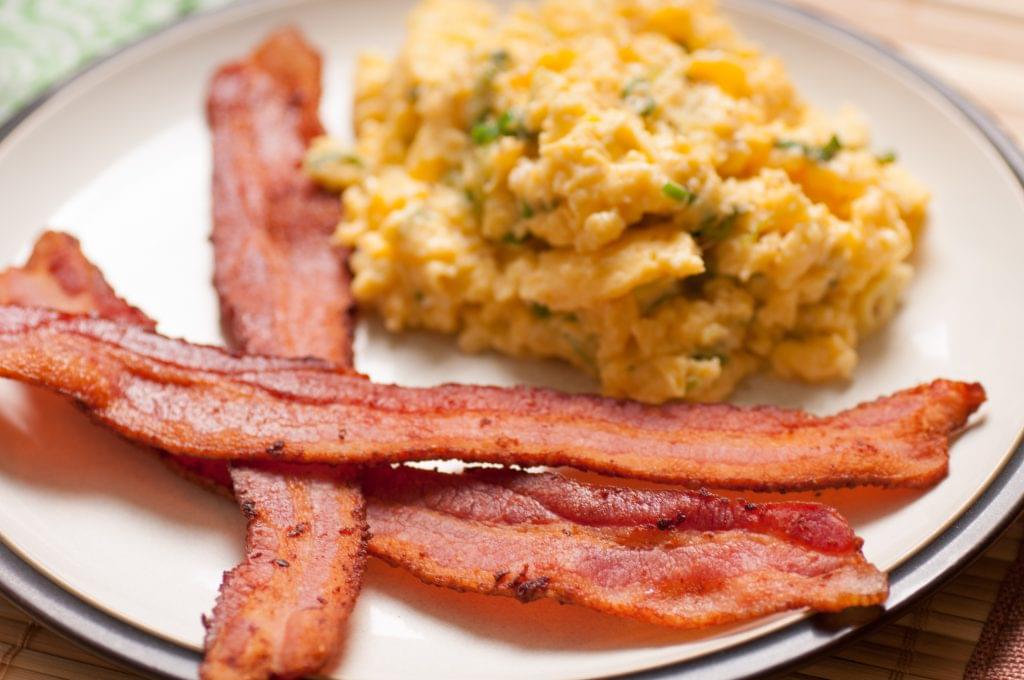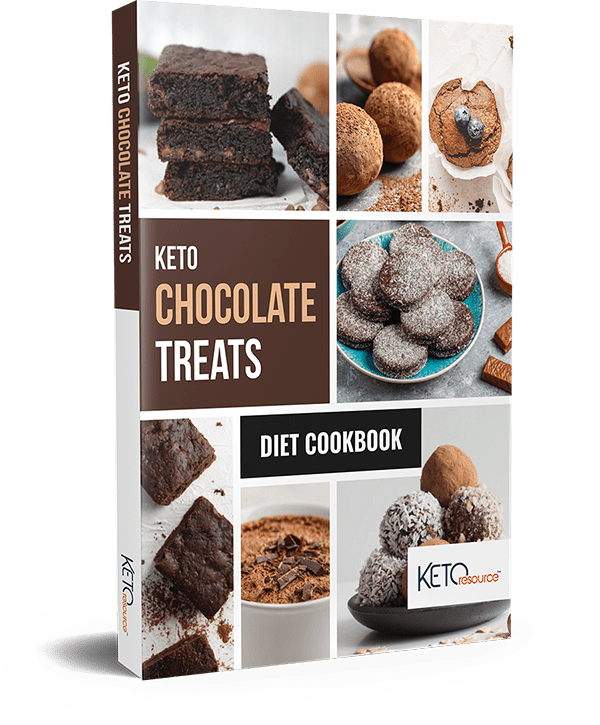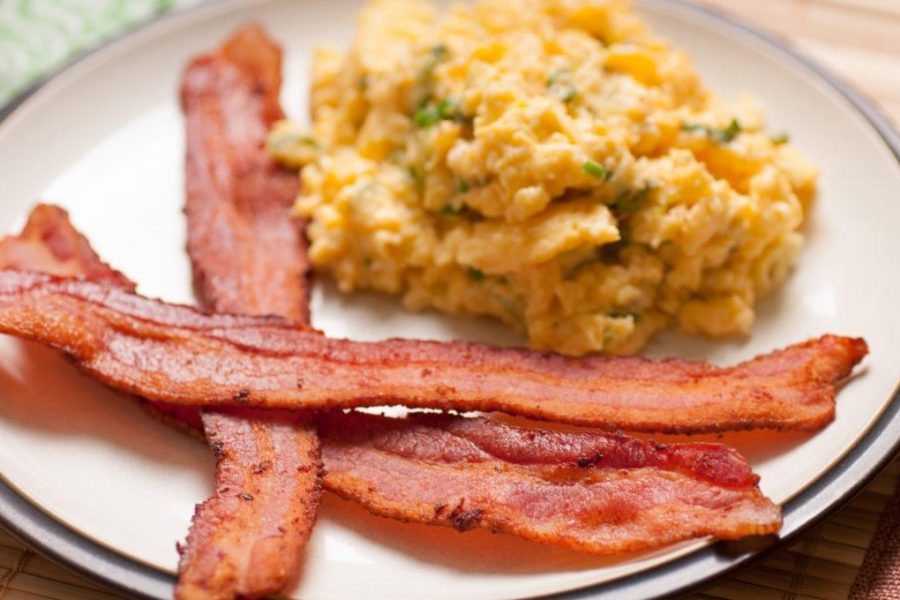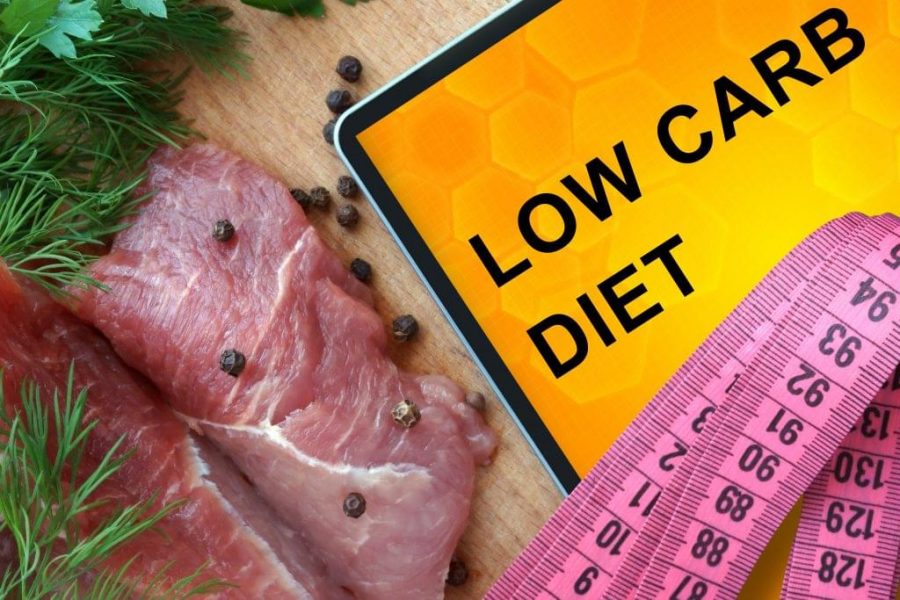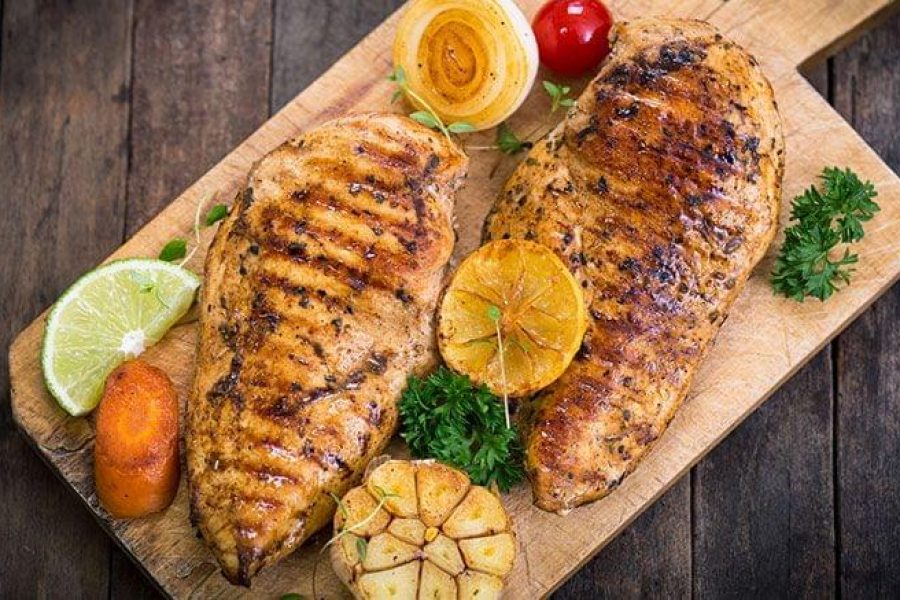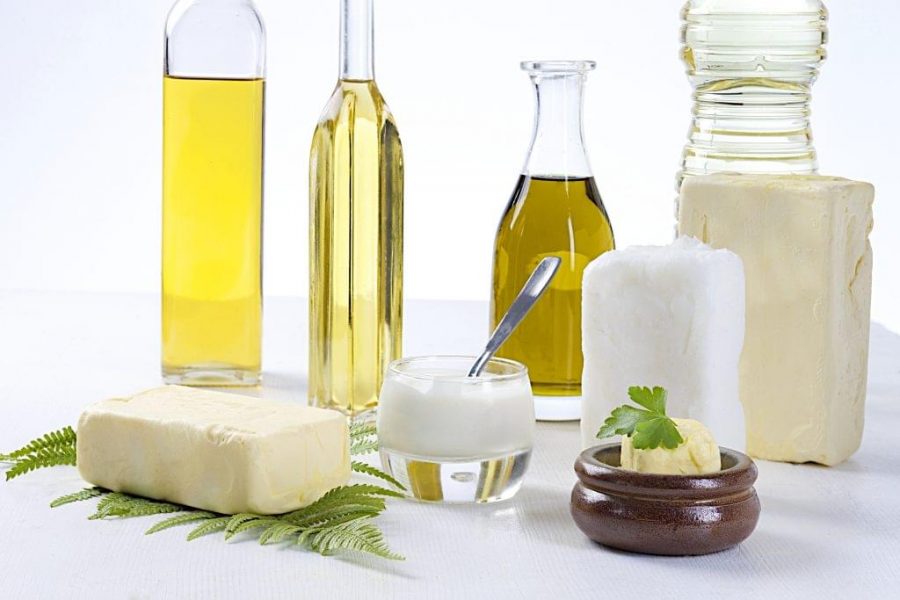How to Find Your Optimal Keto Diet Protein Intake?
Keto Diet Protein | Keto Diet Healthy | Keto Diet High Protein | Keto Diet Protein Intake
 Starting a keto diet, calculating your optimal intakes is extremely confusing especially for a newbie. Generally, one should aim for 70 – 75% fat, 15% keto diet protein and less than 10% carbs for an effective ketosis. However, this ratio varies from one to another and is confusing with an online flood of misleading information. Better, measure the quantities in grams.
Starting a keto diet, calculating your optimal intakes is extremely confusing especially for a newbie. Generally, one should aim for 70 – 75% fat, 15% keto diet protein and less than 10% carbs for an effective ketosis. However, this ratio varies from one to another and is confusing with an online flood of misleading information. Better, measure the quantities in grams.
Let’s get straight to the best metrics; it usually ranges between 1 to 2.2 grams per kilograms or 0.5 to 1 gram per pound of your LBM (lean body mass which is total body weight minus body fat).
Can Too Much of Protein Affect Health Negatively?
 Amino acids are essential for proper functioning of the body. However, the human body cannot synthesize it so we must procure it from dietary resources like seafood, fish and other forms of animal proteins. In fact, dieters are recommended having more fish and seafood (rich in DHA, EPA, selenium, and iodine) than red meat and land mammals. Many think it will lead to increase their intake crossing the optimal keto diet protein quantity. It is just a misconception popular as protein-phobia.
Amino acids are essential for proper functioning of the body. However, the human body cannot synthesize it so we must procure it from dietary resources like seafood, fish and other forms of animal proteins. In fact, dieters are recommended having more fish and seafood (rich in DHA, EPA, selenium, and iodine) than red meat and land mammals. Many think it will lead to increase their intake crossing the optimal keto diet protein quantity. It is just a misconception popular as protein-phobia.
For medical purposes, some people are given high-protein intake to temporarily lower the serum ketones, but it doesn’t affect their health or weight loss. This is different from the standard keto diet that people generally follow.
Don’t be concerned about the protein intake when starting. Once habituated, your keto diet protein quantity (at the rate of 1 gram/pound LBM) would neither interfere with your ketosis or weight loss in long run.
Why Do People Experience an Increased Blood Sugar Level After Big Meal?
 After every solid meal, the alpha cells in our stomach lifts the glucagon which naturally elevates the glucose and insulin. Don’t fret because you had a high blood sugar after lunch thinking you can’t burn fat efficiently. Maintaining a normal blood sugar level is certainly good, but being extra-panicky isn’t going to help you unless you’re a ketogenic diabetic.
After every solid meal, the alpha cells in our stomach lifts the glucagon which naturally elevates the glucose and insulin. Don’t fret because you had a high blood sugar after lunch thinking you can’t burn fat efficiently. Maintaining a normal blood sugar level is certainly good, but being extra-panicky isn’t going to help you unless you’re a ketogenic diabetic.
To get the best out of the diet, restraining the keto diet protein works as a favorable tool. Primarily, it starts with a moderate protein intake as suggested. And adjusted to an optimal level depending on your goal, purpose, and preferences.
Factors Influencing Ideal Keto Diet Protein Intake
-
Individual Goals
Mainly, the goals are for weight loss or medical purpose. A weight-loss keto diet should include a moderate amount of protein to keep you full and control blood sugar. Generally, men want more than females, but there is no need to go beyond keto diet protein intake range shared earlier. If you highly active, you can go for the higher intake. For medical purposes like epilepsy and cancer patients, it is important to maintain elevated ketone while minimizing insulin and mTOR levels. Here, protein intake is kept low. If you are willing to do a medical keto diet, first CONSULT a doctor.
-
Medical History.
A person with a poor diet history may have difficulty adjusting to the higher optimal protein intake. Again, people with steady energy level throughout the day are suggested having higher protein intake. Hence, a person’s lifestyle, health history, preferences are very important factors deciding the optimal intake.
-
Individual’s Activity Levels.
Active people have a higher metabolism and get more hungry unlike sedentary people and seek more protein. For resistance training, one needs some glucose for brain and body glycogen hence more protein intake.
| Active People | Less-Active People |
| 1.5 to 2.5 g/kg LBM or 0.7 to 7g/lb LBM | 1 to 1.5 g/kg LBM or 0.5 to 0.7g/lb LBM |
-
Individual Preferences.
Preference plays a huge role in enduring keto diet in long-run. If you enjoy it, then only you continue it for long. For example, if you love protein, then you should go for a higher keto diet protein intake, but of course, it should be within the optimal range.
Hopefully, you have got a clear picture of the role of protein in keto diet, its optimal intake and furthermore how to identify your quantity. Hurry up, plan you keto diet now.
Keto Diet Protein | Keto Diet Healthy | Keto Diet High Protein | Keto Diet Protein Intake




